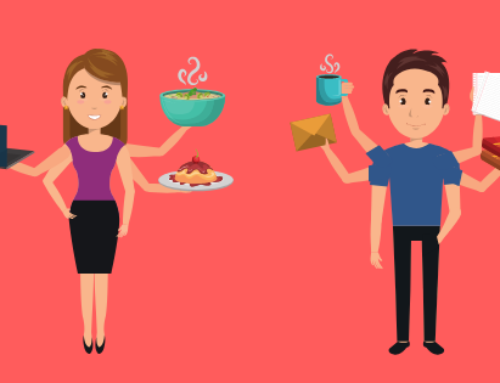Alzheimer’s Disease is very personal for me. It claimed my mother and my grandmother. It is an agonizingly cruel way to die. It strips you of your memories, your dignity and your ability to care for your most basic needs. It leaves a scar on your heart that time does not erase.
It is a disease for which conventional medicine believes there is no effective treatment or cure. It currently affects an estimated 5.4 million Americans. That number is projected to triple by 2050. Within the next two decades, this severe and lethal form of dementia may affect as much as one-quarter of the U.S. population. Already, it is the third leading cause of death.
The good news is that lifestyle choices such as diet, exercise and sleep can have a significant impact on your risk.
In 2014, Dr. Dale Bredesen published a paper that dramatically demonstrates the power of lifestyle choices for the prevention and treatment of Alzheimer’s.
Using dietary interventions, detoxification, exercise, sleep, meditation and supplementation, he was able to reverse Alzheimer’s in 9 out of 10 patients!
The full protocol is described in his book, “The End of Alzheimer’s: The First Program to Prevent and Reverse Cognitive Decline.”
Keeping your blood sugar low is critical. Studies show a strong correlation between Alzheimer’s disease and insulin resistance. You don’t have to be diabetic to be at risk. Even mild elevation of blood sugar is associated with an elevated risk for dementia.
According to Dr. David Perlmutter, a neurologist and author of “Grain Brain” and “Brain Maker,” anything that promotes insulin resistance will ultimately also raise your risk of Alzheimer’s.
Considering the lack of effective treatments, your best line of defense is preventing the disease from occurring.
I would suggest beginning with the 28-Day Detoxification and Elimination Diet. In a matter of weeks, you can detoxify your body and greatly reduce your blood sugar. I have worked with insulin-dependent diabetics who were able to come off their medication just using this dietary intervention.
Call today for more information 866-222-6490.
Here are some simple suggestions you can try on your own:
1.Avoid process foods and eat organic whenever possible. Processed foods contain a number of ingredients harmful to your brain, including refined sugar, fructose, grains (particularly gluten), vegetable oils, genetically engineered ingredients and pesticides.
2.Add healthy fats to add to your diet. Healthy fats are critical for optimal brain function. Good choices would be avocados, butter, organic pastured egg yolks, coconuts and coconut oil, grass fed meats and raw nuts. Be careful to avoid trans-fats and hydrogenated oils.
3.Keep your fasting insulin levels below 3.
4.Eat fermented foods and take a high-quality probiotic- SEE MASTER SUPPLEMENTS
5.Exercise and move consistently throughout the day. Exercise has been shown to slow down the onset and progression of Alzheimer’s.
6.Spend time in the sun. Having adequate amounts of vitamin D is critical for your immune system to function properly and to fight the inflammation associated with Alzheimer’s. Have your levels checked in the winter when you are spending more time indoors. When you can’t get vitamin D from the sun, supplement with vitamin D3.
7.Get 7-9 hours of sleep every night. Sleep deprivation causes disruption of certain synaptic connections that can impair your brain’s ability for learning, memory formation and other cognitive functions. Poor sleep also accelerates the onset of Alzheimer’s disease.
8.Learn something new. Mental stimulation helps to build up your brain and is associated with a decreased risk of dementia and Alzheimer’s. Check out Brain HQ (https://www.brainhq.com/) for some on-line brain training programs.
The sooner you become proactive about your brain health, the better your odds are for avoiding a future devoid of all the things you treasure most.
What could be more important than that?
If you need help, give me a call 866-222-6490.
Change is much easier when you have the right information, guidance and support.






